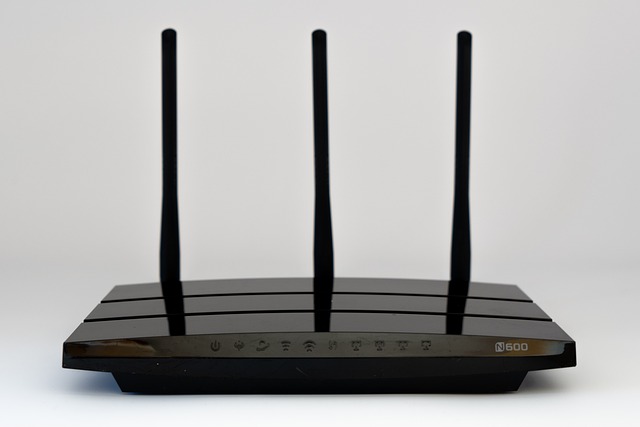Unveiling the Future: Manufacturer Support in the World of Hardware for Virtual Reality, Augmented Reality, and the Metaverse
As we stand on the threshold of a digital revolution, the realms of virtual reality (VR), augmented reality (AR), and the expansive metaverse are becoming increasingly intertwined with our daily lives. These technologies are not just trends; they’re transforming the way we perceive, interact, and experience the world around us. At the heart of this transformation lies one critical element: manufacturer support.
Today’s hardware landscape is evolving rapidly, with newer, more innovative VR headsets, AR glasses, and immersive devices hitting the market consistently. Yet, the average consumer may not fully appreciate the complexities involved in developing these high-performance devices. Manufacturer support plays a pivotal role in ensuring that users have a seamless experience, from initial purchase through years of usage.
With VR hardware, for instance, manufacturers must ensure exceptional visual fidelity and minimal motion sickness to deliver an immersive experience that users will want to engage with repeatedly. This requires not only cutting-edge technology but also ongoing support from manufacturers in the form of software updates and customer service. Without this support, users could easily become frustrated with their expensive investments, leading to disillusionment with the entire technology.
Similarly, AR is rapidly gaining traction in both consumer and commercial spaces. Retailers are leveraging AR to enhance shopping experiences, while developers are creating apps that project information onto the real world. The success of these applications relies heavily on the reliability and adaptability of the hardware they run on. Here, again, manufacturer support emerges as essential, ensuring that devices can handle diverse applications and updates. Without it, AR technologies risk stagnation, detracting from their potential value.
Moreover, the metaverse aims to create a unified digital universe, where users can socialize, work, and play. With such vast ambitions, the role of manufacturers becomes even more vital. In addition to hardware, they must supply the frameworks that allow for communication and interactivity between various platforms and devices. The support provided in terms of both hardware functionality and software adaptability can determine the metaverse’s overall success.
Beyond just technical specifications, emotional and community support from manufacturers amplifies user experience. Engaging with users through forums, providing resources for troubleshooting, or creating educational content can significantly enhance how customers interact with their devices. This approach fosters a sense of belonging within this digital landscape and encourages loyalty to specific brands. In an era where community-driven development is gaining momentum, a reliable manufacturer support system can help cultivate enthusiastic user bases that feel connected and valued.
Furthermore, as VR, AR, and the metaverse continue to evolve, ethical considerations around privacy, data security, and accessibility are becoming paramount. Manufacturers must step up to not only fulfill technological promises but also ensure that they do so responsibly. By providing transparent support that addresses these concerns, they can build trust and loyalty among users who are increasingly aware of the implications surrounding their digital footprint.
In summary, as we venture further into the exciting realms of virtual reality, augmented reality, and the metaverse, we must not overlook the essential role of manufacturer support. It is this support that will not only enhance the functionality of the devices themselves but will also enrich the user experience, foster community engagement, and promote ethical practices in an increasingly interconnected world.




